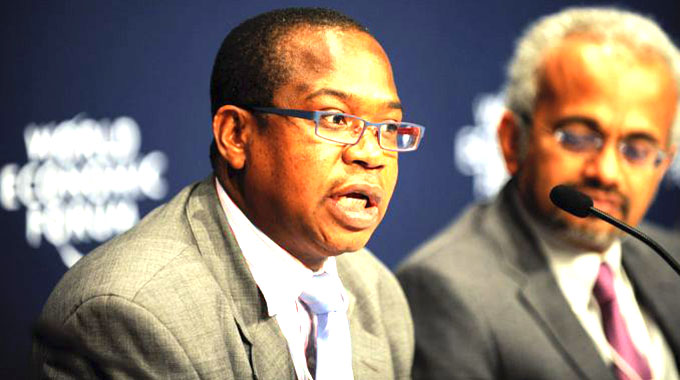EDITORIAL COMMENT : Green energy key to attaining Vision 2030

The country is facing an energy crisis that has seen key sectors of the economy resorting to diesel generators, a scenario the Zimbabwe National Chamber of Commerce (ZNCC) Harare branch chairperson, Mr Mike Kamungeremu, recently said was costing firms US$0,40 per kilowatt hour.
By all standards, this cost is unsustainable given that the regional average cost of power is about US$0.09.
The use of generators to power industrial machines is uneconomic and contributes greatly among matters that make the country’s products uncompetitive both locally and internationally.
The energy issue brings to the fore debate that Zimbabwe has to harness diverse sources of energy and as the country’s economy positively responds to President Mnangagwa’s “Zimbabwe is open for business” mantra, there is no doubt, there is going to be a surge in power demand.
Fossil and hydro power will definitely be unable to cater for the country’s daily domestic and industrial power needs.
It is against this backdrop that we commend Cabinet for approving the National Renewable Energy Policy, which was presented by the Minister of Industry and Commerce, Mangaliso Ndlovu, as chairman of the Cabinet Committee on Industrialisation and Export Development, this week.
The renewable energy sector in Zimbabwe comprises solar, hydro, wind, geothermal and biomass energy sources and indeed, this is clean and it has huge potential to sustain the economy into the future.
According to Government, the National Renewable Energy Policy seeks to attain the following: establish market-oriented measures and regulatory instruments for the development of the renewable energy sector in Zimbabwe; address the barriers to the uptake of renewable energy in the country; achieve an installed renewable energy capacity consistent with the country’s projected energy requirements under Vision 2030 and promote investment in the renewable energy sector, among other key deliverables.
It also seeks to provide the necessary guidelines, incentives, standards, procurement and financing mechanisms for promoting the development of off-grid projects, which have the potential to increase electricity access in rural areas and to promote the manufacturing of renewable energy equipment in the country, as well as local skills development in that regard.
It is our hope that the policy, if implemented well, will go a long way in resolving current energy problems besetting the country and negative ripple effects thereof on the entire economy which has been showing signs of recovery.
We are of the opinion that after investing over US$500 million into Kariba South and Hwange 7 and 8 expansion, Government should have also spared some funds for other sources of renewable energy.
Today, Zesa is saying Kariba South might be decommissioned by September this year as only three metres of water for power generation is left.
To date, due to dwindling water levels, the plant is just producing 180 megawatts against an installed capacity of 1 050 after adding 300 megawatts on completion of Kariba South extension.
The people, especially technocrats in the Ministry of Energy and Power Development and those at Zesa should have accordingly advised that due to the threat of climate change, there was likely to be serious water challenges at the plant.
Moving into the future, we are of the opinion that more funding should be injected into renewable energy sources, especially that Government has approved the March 2019 Renewable Energy Policy document.
From the 77 Independent Power Producers (IPPs) licensed, majority of which are under-performing, we implore authorities to help these ailing firms source money for renewable energy sources.
We applaud Government in the interim for facilitating the construction of renewable power plants through IPPs including the Centra-Grid Solar (Nyabira), Harava (Seke), Mutoko plant, and several mini hydro power plants.
We also implore authorities to also facilitate joint ventures in wind power projects.
We are also of the opinion that in as much as Hwange 7 and 8 expansion and Batoka Hydroelectric projects are critical, authorities should be mindful of the vagaries of climate change threatens to turn such plants into white elephants.
The renewable energy policy aims to augment the national vision of the country as spelt out by President Mnangagwa. The thrust of Vision 2030 is to transform Zimbabwe into an upper middle income economy.
This vision also aims to raise employment levels upwards, and to progressively reduce the poverty rate to levels consistent with the upper middle income economies, among other factors.
These will be achieved through five pillars of Vision 2030 which are as follows: governance, inclusive economic growth, macro-economic stability and financial re-engagement, social development and cross-cutting economic enablers.
We feel that sustainable energy sources will play a big role in the success of this vision, hence the call to invest heavily in such sources to achieve broad-based economic growth.









Comments